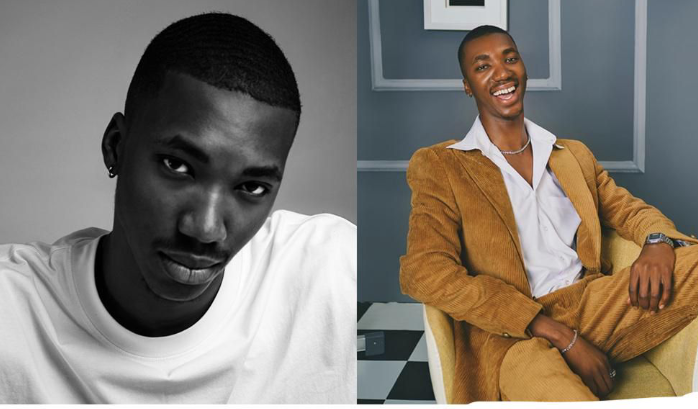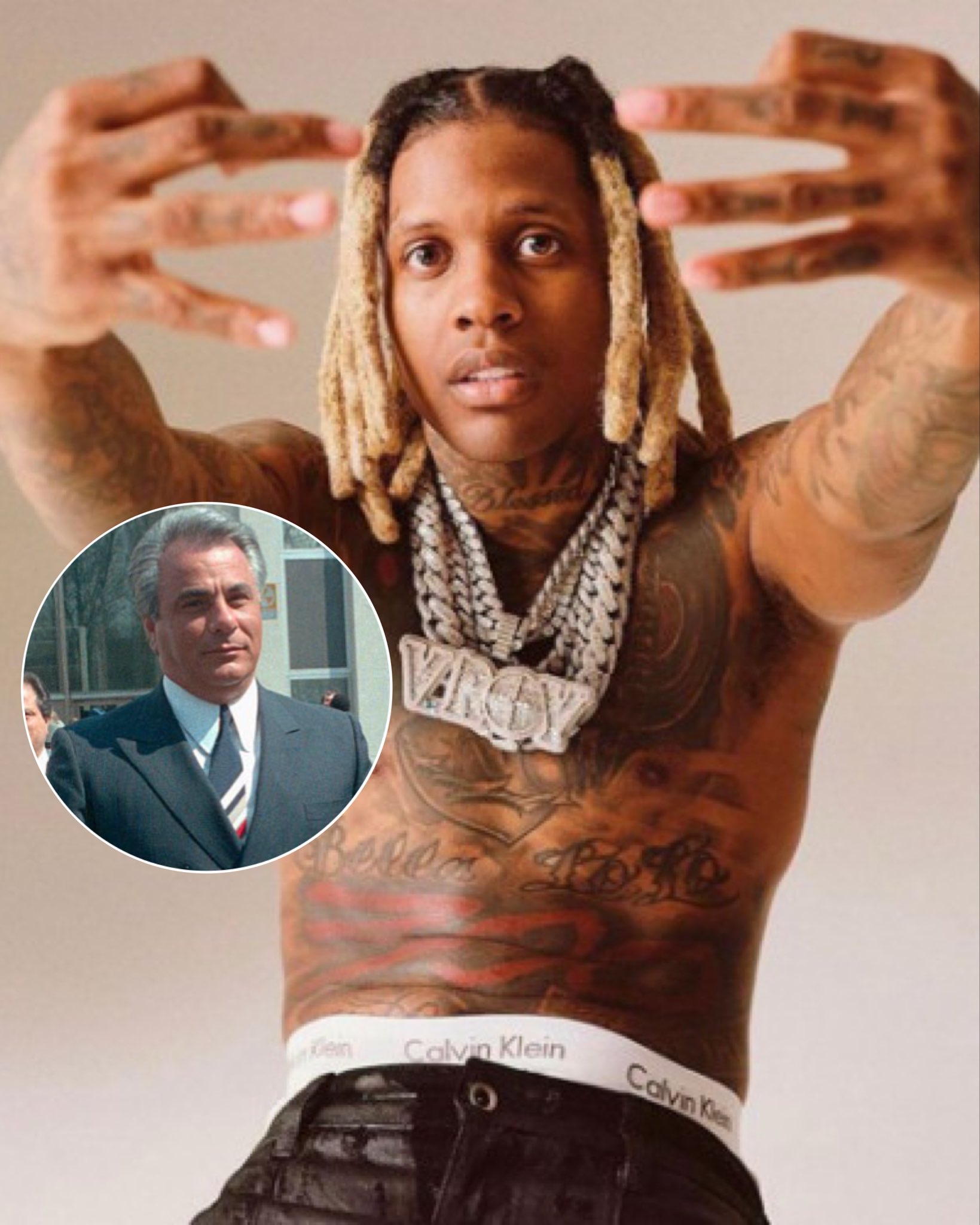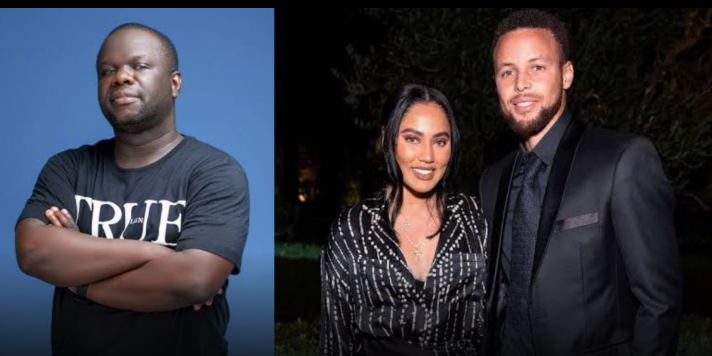
“I Was Created to Be a Sponsor”: Layi Wasabi Sparks Social Media Frenzy with Bold Relationship Declaration

In an age where online personalities increasingly double as cultural commentators, Nigerian content creator Layi Wasabi has once again triggered widespread conversation, this time not with his trademark courtroom skits but with a declaration that has both amused and intrigued his fans across social media. Taking to his platform in a now-viral clip, the comedian confidently proclaimed, "I don't really have boyfriend energy. I was created to be a sponsor." The statement, delivered with his signature blend of dry humor and subtle satire, has set off a wave of interpretations, memes, and debates, thrusting him into yet another unexpected spotlight.
Layi Wasabi, known for his articulate yet hilariously over-the-top portrayals of legal drama in fictional courtrooms, has steadily climbed the ladder of internet fame in Nigeria and beyond. But while fans often tune in for entertainment, many stay for his unexpectedly profound one-liners and perspectives laced with wit. His latest quip about not possessing “boyfriend energy” but rather having been "created to be a sponsor" is being dissected as more than just a joke. For some, it’s a bold statement about male roles in romantic relationships; for others, it’s simply Layi playing up a comedic persona. Either way, the internet is eating it up.
The phrase "boyfriend energy" typically refers to the aura or characteristics one expects in someone they would want to date seriously—reliability, consistency, emotional availability, and attentiveness. But Layi's deliberate distancing from that label and his claim of being a “sponsor” adds a more nuanced, layered dimension. In Nigerian slang, a “sponsor” often refers to an older, wealthier man who financially supports a younger partner, sometimes with romantic or transactional undertones. By leaning into this term with the unapologetic confidence only Layi can muster, he’s either mocking the trope or subtly redefining it.
Social media platforms exploded with reactions almost instantly. On X (formerly Twitter), hashtags like #LayiTheSponsor and #BoyfriendEnergy started trending, with fans and critics alike debating what exactly he meant and whether he was being satirical, serious, or somewhere in between. One user wrote, “Layi is redefining gender roles in relationships with humor. Man’s telling us he’s not here for feelings, just funding!” Another chimed in: “I wish I had this level of self-awareness. Not everyone is built for soft love—some of us are built to be ATMs.” Of course, not all reactions were lighthearted. Some critics questioned whether the statement inadvertently reinforced harmful stereotypes around transactional love and modern dating culture.
Amid the buzz, Layi himself has remained characteristically ambiguous, neither doubling down on the statement nor clarifying its intent. This has only fueled more speculation, as fans try to parse whether he was joking, subtly critiquing societal expectations, or simply leaning into the absurdity of it all. One thing is clear: the internet loves when Layi speaks, even more so when he blurs the lines between comedy and commentary.
This wouldn’t be the first time Layi’s work has sparked broader discourse. Known for weaving sharp social commentary into the fabric of his skits, he often pokes fun at legal absurdities, bureaucratic inefficiencies, and the moral contradictions of everyday life. But what makes him particularly beloved is his ability to do so without overt preachiness. With his composed facial expressions, exaggerated legal jargon, and minimalist settings, he draws audiences into a world where comedy and critique blend seamlessly. That same formula seems to have extended to his off-script moments, like this recent viral quote.
Meanwhile, some cultural analysts and relationship bloggers have begun weighing in, seeing Layi’s statement as reflective of a larger shift in how young Nigerians, particularly men, view romantic responsibilities. In an economy where financial strain is a common challenge, the idea of being “a sponsor” could represent a conscious or subconscious response to the transactional elements now prevalent in dating culture. Some argue it’s a form of self-deprecation—a man acknowledging that what he offers in love is less about emotional intimacy and more about material provision. Others view it as a satirical jab at the expectations placed on men to constantly provide and perform financially in relationships.
Whatever the case, Layi Wasabi’s unfiltered expression has opened the door to conversations that go beyond jokes. It speaks to how men are grappling with identity in modern relationships, especially within cultures that are still negotiating the line between tradition and contemporary freedom. While the term “sponsor” may evoke images of sugar daddies or “aristos,” Layi’s use of it might just be a tongue-in-cheek reclamation—one that implies power, purpose, and self-definition.
Still, there’s no denying that part of the public’s fascination lies in the delivery. Few people could pull off such a controversial line and have it received with as much amusement as Layi. His comic timing, deadpan tone, and innate understanding of internet virality make him one of Nigeria’s most unique voices in digital comedy. It’s the kind of charisma that turns a throwaway statement into a national talking point and a simple clip into content gold.
The buzz surrounding the “sponsor” statement shows no signs of fading soon. Memes have already popped up showing edited photos of Layi in suits labeled “Chairman of Sponsorship Affairs,” while parody skits are beginning to emerge where creators act out exaggerated interpretations of what “boyfriend energy” versus “sponsor energy” looks like. Even fashion pages are jumping on the wave, suggesting wardrobe transformations to reflect each energy level.
Whether intentional or not, Layi has once again done what he does best—start a conversation, stir some laughter, and spark introspection, all while maintaining the sly grin of someone who knows exactly what he’s doing. In the unpredictable world of internet fame, that’s no small feat.
As fans continue to quote and remix the now-iconic line, one thing is certain: in a digital age hungry for both entertainment and meaning, Layi Wasabi has found a way to serve both in equal measure. And whether you agree with him or not, you'll remember exactly who said, “I was created to be a sponsor.”


